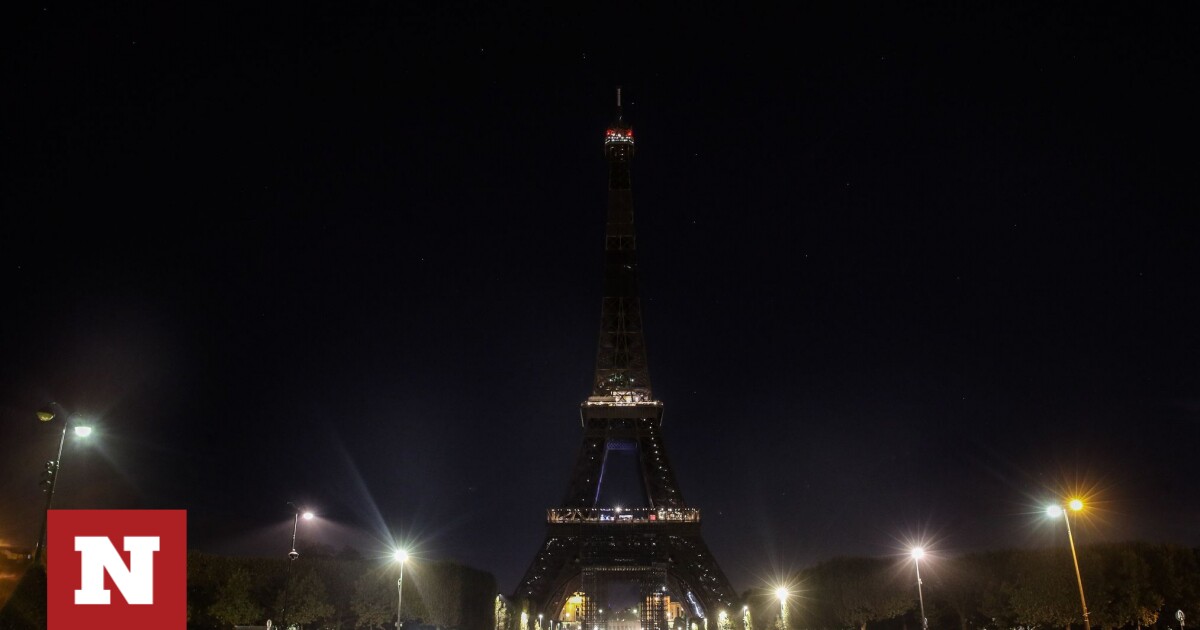
They turn off the lights, lower the thermostats, install motion sensors… These are some of the measures taken by the governments of Central European countries with the aim of saving energy, as part of efforts to cut energy costs and deal with cutbacks. in natural gas shipments from Russia.
Central Europe is vulnerable to this western confrontation with Moscow, as some countries are highly dependent on Russian natural gas. side by side, Rising energy prices are causing headaches across the Old Continent.
The Czech government announced, today, that it is removing half of the lamps in government offices and replacing the rest with LED lamps that consume less electricity. It also installs motion sensors to dim the lighting in the hallways.
Czech Prime Minister Petr Fiala confirmed that for heating – the temperature is usually around 22 degrees Celsius or more – it has been reduced to 19-20 degrees Celsius in government offices and 15 degrees in corridors. “I will push state institutions to lead by example,” Fiala told reporters, noting that the package of measures aims to “17-20% energy saving».
side by side, Heating is reduced And the The floodlights go out on the famous Prague Castle And in the cathedral of the Czech capital from 22:00 instead of midnight.
in Hungarythe government issued instructions to state institutions and public institutions Reduce natural gas consumption by 25% Compared to the previous year, excluding hospitals and social services.
in RomaniaAnd the Illumination is reduced in Parliament (Also known as the People’s Palace) – the second largest building in the world after the US Pentagon. The outdoor lighting has been halved and the floodlights will only be on for two hours each night.
in PolandThe government asked its agencies Reduce electricity consumption by 10%. Staff are required to print only absolutely necessary documents, unplug chargers when not in use and shut down computers when leaving. At the Ministry of Finance, the fountain was closed and the external lighting of the building was limited to two hours on weekends. Warsaw is also replacing about 38,000 street lights with LEDs.
However, measures such as those mentioned above do not serve facilities where heating (or cooling) is necessary for their operation, such as for example universities or sports stadiums.
in SlovakiaUniversities have warned that they will resort to a solution Distance learning If the government does not increase funds for heating by mid-November.
in Czech RepublicA survey of nearly 500 gyms showed that 61% of those who use indoor facilities (such as swimming pools, ice rinks, and gyms) experience significant problems, since Energy costs have already increased by 135%.
Read also:
Newsbomb.gr report: What are we saving by disconnecting devices – how much ‘charge’ while waiting

“Hipster-friendly coffee fanatic. Subtly charming bacon advocate. Friend of animals everywhere.”





More Stories
F-16 crashes in Ukraine – pilot dies due to his own error
Namibia plans to kill more than 700 wild animals to feed starving population
Endurance test for EU-Turkey relations and Ankara with Greece and Cyprus